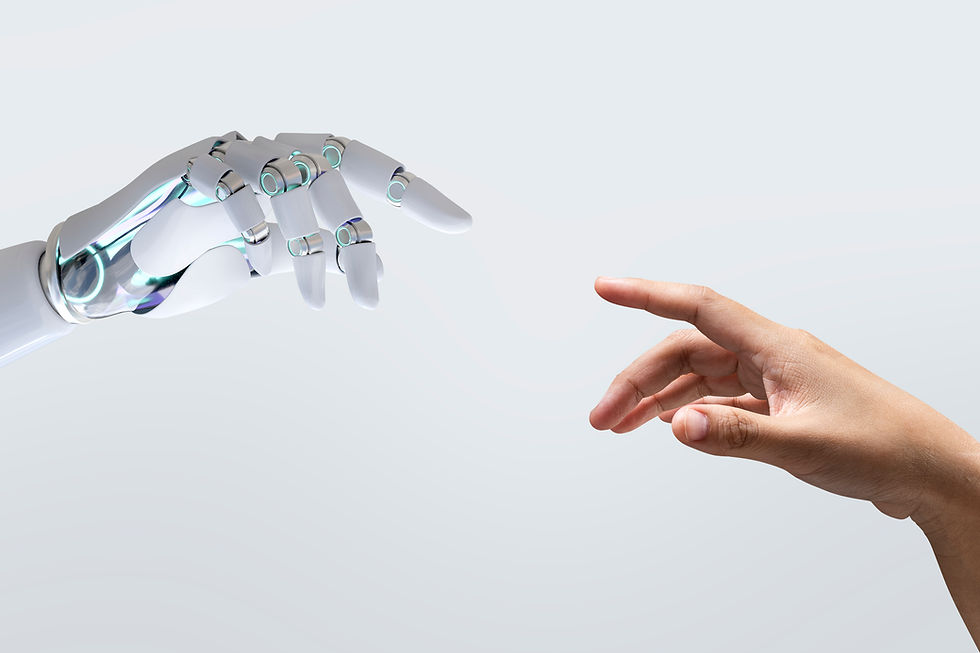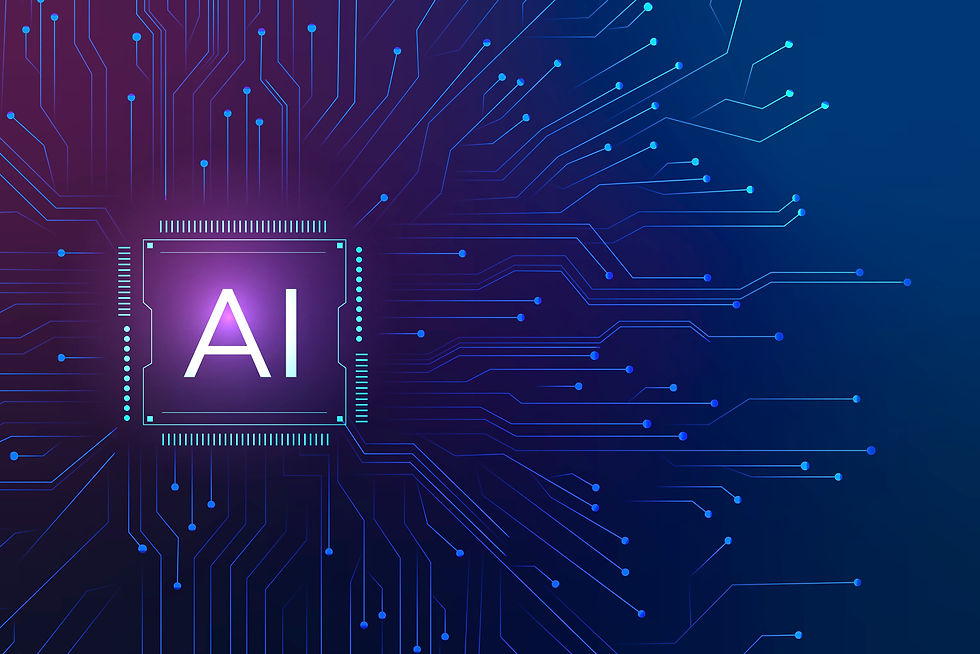The Role of AI in Enhancing Production Efficiency
- SefasTech Editorial Team
- Mar 6, 2024
- 2 min read
In today’s industrial narrative, the story of Artificial Intelligence (AI) stands out, not just as a chapter of technological advancement but as a revolution in production efficiency. The integration of AI into manufacturing marks a pivotal shift from traditional practices, ushering in a new era where smart technology and efficiency converge. As businesses face the challenges of competition, customer expectations, and sustainability, AI emerges as a crucial player, redefining the very essence of manufacturing.
The role of AI in manufacturing is diverse, touching every facet of production. One of the most impactful applications is predictive maintenance, where AI algorithms analyze data from sensors and machinery, predicting equipment failures before they happen. This foresight minimizes downtime and extends machinery life, offering a proactive approach to maintenance that saves both time and costs.

In quality control, AI-powered visual inspection systems are setting new benchmarks. These systems, surpassing the capabilities of human inspectors, detect defects and irregularities with unprecedented accuracy and speed, ensuring products meet the highest quality standards.
AI's influence extends to the optimization of supply chains. It processes vast datasets to forecast demand, manage inventory, and streamline logistics. This optimization leads to efficient resource utilization, minimizing waste and adapting swiftly to market changes.
Customization is another frontier where AI is making significant strides. It enables manufacturers to tailor production processes to individual preferences, achieving mass customization without sacrificing efficiency. This capability is crucial in an era where personalization is a key driver of customer satisfaction.
Sustainability, a growing concern in modern manufacturing, is also benefiting from AI. By optimizing energy usage and reducing waste, AI contributes significantly to making production processes more sustainable and eco-friendly.
The human aspect of manufacturing is not left untouched. AI augments the workforce, assisting in complex decision-making and enhancing safety. It’s not about replacing human labor but about enhancing and complementing it.
Real-world examples abound, illustrating AI’s transformative impact in manufacturing. Automobile manufacturers, for instance, are employing AI for predictive maintenance and automated quality checks, while consumer electronics companies leverage it for supply chain and production optimization. These applications underscore the versatility and potential of AI in revolutionizing manufacturing processes.

Looking to the future, the role of AI in manufacturing is set to expand even further. With advancements in IoT and 5G, the capabilities of AI in production settings are poised to reach new heights. The vision of fully autonomous factories, managed end-to-end by AI systems, is becoming increasingly plausible.
The integration of AI in production is a strategic transformation, a leap from traditional methods to a future of smart, efficient factories. It’s about harmonizing AI with human ingenuity, forging a future where manufacturing is not just about making products but about driving innovation and sustainability. As this narrative unfolds, AI’s role in enhancing production efficiency is not just a chapter in the industrial story; it’s a revolution that’s reshaping the global production landscape.

Comentarios